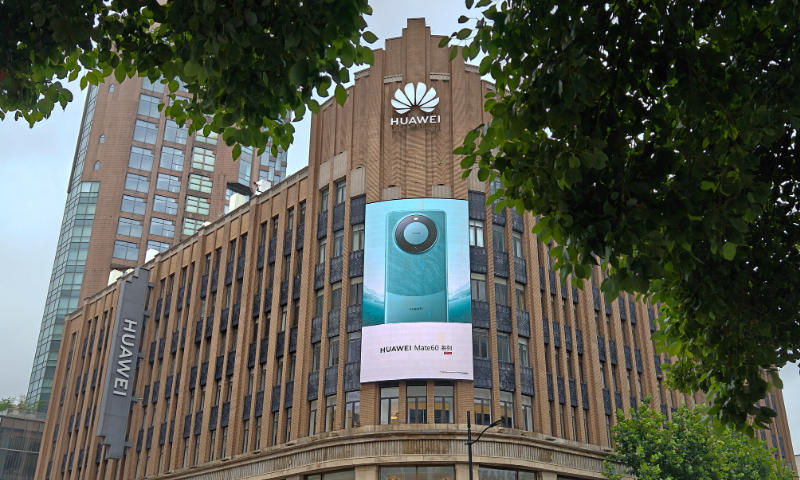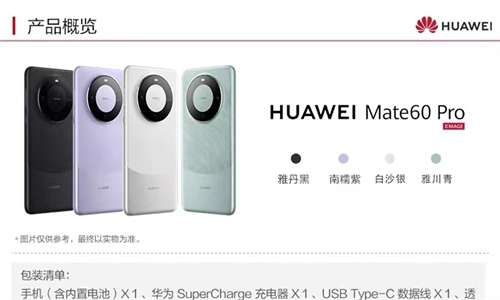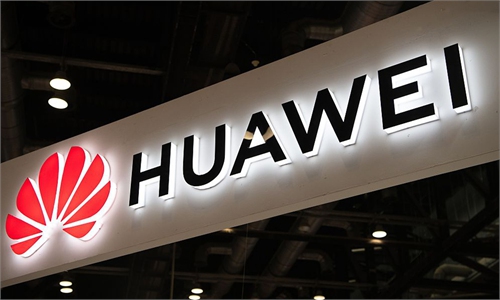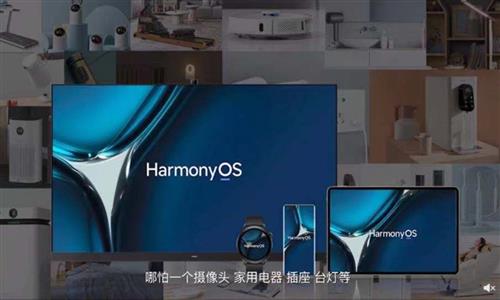How should Raimondo accurately understand Huawei's new presales?: Global Times editorial

The photo taken on August 30, 2023 shows the Huawei flagship store on Nanjing Road, Shanghai. Photo: VCG
The sudden presales of Huawei's Mate 60 Pro smartphone has ignited a fervent discussion in Chinese society surpassing the usual buzz surrounding product launches. As China's tech company most severely impacted by the US' "chokehold," Huawei, after enduring a difficult period of lows, faces the crucial challenge of resolving the pain point of lacking chips capable of accommodating 5G technology. This issue is widely regarded as a significant indicator of the pressure-bearing capacity of Chinese tech enterprises in this fiercely contested and suppressed domain by the US. While Huawei remains extremely low-profile and hasn't disclosed detailed technical specifications of the Mate 60 Pro, the excitement and intense attention from Chinese society regarding the "return of Kirin" highlight a strong anticipation and confidence in the country's independent technological research and development.
Many people have noticed a "coincidence," which is that the timing of Huawei's new product release happened to coincide with the visit of US Secretary of Commerce Gina Raimondo to China. It is noteworthy that many of the US' restrictions on China in the high-tech sector are implemented through the Department of Commerce, and to this day, there are still hundreds of Chinese companies on their "entity list." Regardless of Huawei's intentions, the launch of the Mate 60 Pro has been imbued by many Chinese netizens with a deeper meaning of "rising up under US pressure." We do not know whether Raimondo has paid attention to these voices during her visit to China, but we believe that these voices should be heard by her and more Americans, and have an impact on Washington's stance.
First, from initiating a trade war against China to the ongoing tech war, the US, despite shifting its focus, fundamentally employs hegemonic means to suppress China. The more brazen and unreasonable their actions become, the more they stimulate Chinese society's resilience to stand united and overcome difficulties. The trade war, without a doubt, has proven to be a failure. While the tech war is ongoing and the US maintains an advantage in the high-tech sector, the momentum of the Chinese people's determination to catch up despite the pressure, and a strong sense of moral conviction, are something that the US cannot match. This also determines that while the US' suppression might bring us some troubles in the short term, in the long run, these "wars" are not ultimately in their favor.
Second, Chinese companies will inevitably break through the blockade and move forward. This is the result of China's overall development and close integration with global interests. In this era of globalization, the idea of kicking Chinese companies out of the industrial chain will only encounter increasing resistance because it goes against the law of development. The resurgence of Huawei smartphones after three years of forced silence is enough to prove that the US' extreme suppression has failed. This also serves as a microcosm of the US-China tech war, reflecting the entire process and foreshadowing the final outcome. Recently, some American media outlets have been enthusiastic about hyping up things like Huawei is building a "secret" chip factory. Ultimately, these are all due to a failure to see or a refusal to believe in the general trend, and they hold on to outdated thinking that Chinese companies' technology is all "stolen." Essentially, it is Washington's technological arrogance, and the US will definitely pay the price for this arrogance.
Third, the "war" between China and the US could have been avoided. The development and growth of Chinese companies and the Chinese market may make some Americans feel nervous, but at the same time, it will also present more opportunities. One of the most important purposes of Raimondo's visit is to safeguard the interests of American companies. However, the decision-makers in Washington should reconsider whether they want to self-harm in the "life or death" struggle or find more space in cooperative and win-win global division of labor to create a bigger cake.
Of course, for China, independent innovation is an endless journey, and facing the US' strong pressure, this road is still full of obstacles. The Chinese society is psychologically prepared for this, but precisely because it is prepared to endure, overcome, and achieve great things, each progress will inevitably stimulate and consolidate greater motivation, thereby forming a virtuous cycle. The significance of the attention and enthusiasm sparked by Huawei's new product presales lies in this. We hope that Raimondo can bring back to Washington this genuine sentiment of Chinese society and to some extent enable the US to truly understand China.
Furthermore, Chinese people no longer hope for major adjustments from the US side, but if the US stops or partially eases its extreme containment and malicious competition against China, we certainly welcome it. Because of US crazy crackdown against China, the US has caused unnecessary greater costs and consequences for both China and the US. The US has disregarded international market rules and principles in core technologies to choke China's neck, which has severely damaged people's confidence in global division of labor. If the naturally developed global division of labor was not artificially disrupted, both China and the US can better leverage their respective comparative advantages and create more wonderful things that can change the world.



